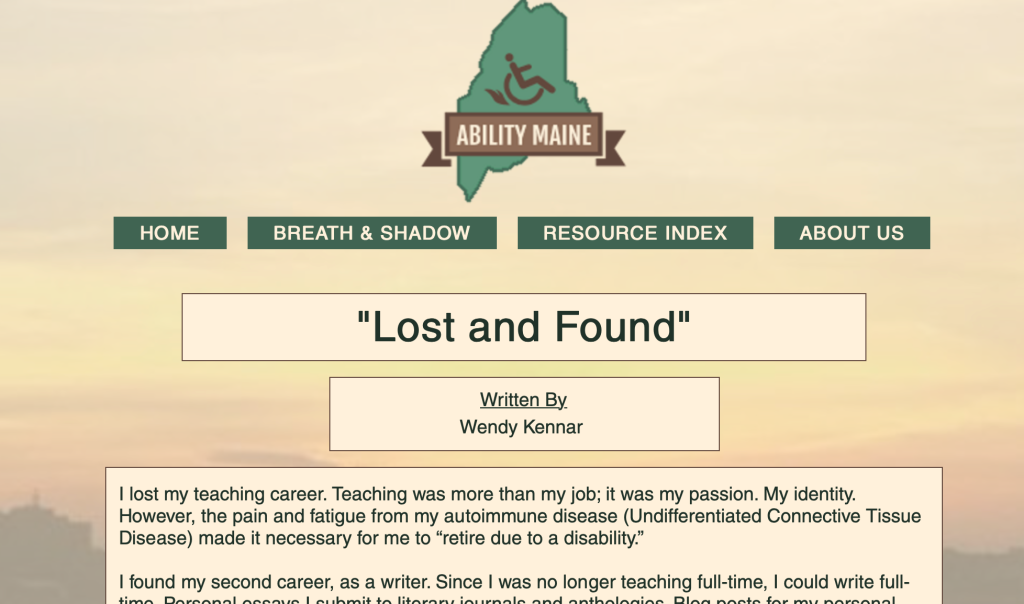
I was an elementary school teacher for twelve years. There’s an unfortunate pattern I noticed – the parents you most want to speak with, the students you most want to help – are, often, the ones you can’t reach.
Literally, can’t reach. Parents don’t return phone calls. They don’t show up to Back-to-School Night or attend parent conferences. And it’s not for lack of trying. I used to start my conferences early in the morning, stay late in the afternoon, do everything I could to work around the schedules of the families of my students. After Back-to-School Night, I even sent home a stapled package of all the handouts I had presented the night before, and a note inviting families to come and visit the classroom at a more convenient time.
I kept thinking about all that when I read Frederick Joseph’s powerful book The Black Friend: On Being a Better White Person.
I don’t think I’m the target audience except that I am a white person. My husband is Black. Our son is bi-racial. Yet I acknowledge my own lack of information, lack of understanding. Just because my husband is Black doesn’t mean I have nothing to learn.
So I read the book. At times it was heartbreaking. At times I just couldn’t believe the things Mr. Joseph heard and experienced. The book is written in a rather conversational style and each chapter ends with a discussion the author had with a different artist or activist.
The people who most need to read this book, unfortunately, probably won’t.
However, that’s why this book, this powerful tool, should be used in classrooms (middle school and up).
The problems don’t just go away. The wrongs don’t just get righted.
They need to be confronted.


